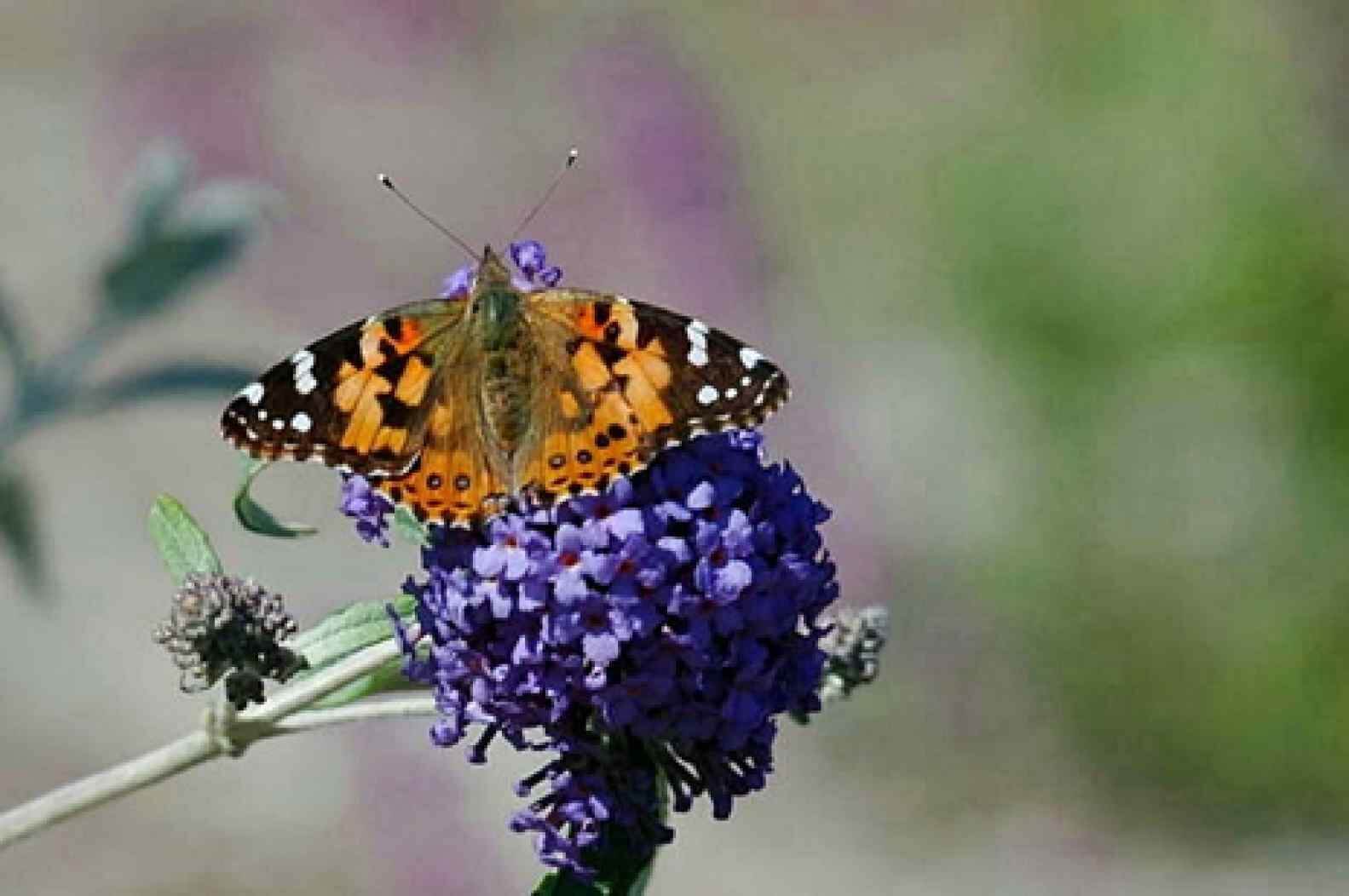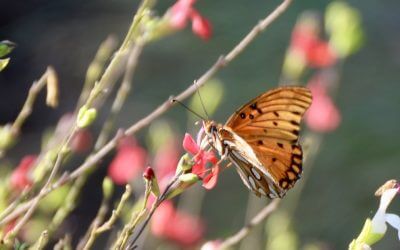
Butterflies
Topics
annual eventBees and Other PollinatorsBirdsButterfliesChildren activitiesClasseseco friendly garden tourEventfoxfoxesFruits and Berriesgarden restorationgarden tourGardening with WildlifeGrowing Plants from SeedHabitat GardeningHarmony with NatureHome LandscapingMonarchs and MilkweedNative Plant Communitiesnative plantsPlant Nurseryplant salePropagating PlantsSeed CollectingSummer CampTending Your GardenUseful Nonnative PlantsWater conservationWatershed Approach to LandscapingWildflowerswildlife


Spring 2025 Plant Sale!
Spring is almost here. Celebrate in the garden with us at our first Plant Sale of the year. Saturday, April 12th, 2025, 10:00am – 2:00pm. Join us to purchase organically grown habitats plants, hear expert presentations, and learn more from our guest presenters...
First Annual Habitat Garden Summer Camp
Home Ground Habitats in Novato is excited to announce our first annual Habitat Garden Summer Camp for children. July 8-12 2024 9:00am-1:00pm Open to 2nd through 5th Grades FOR MORE INFORMATION AND TO REGISTER: click here ...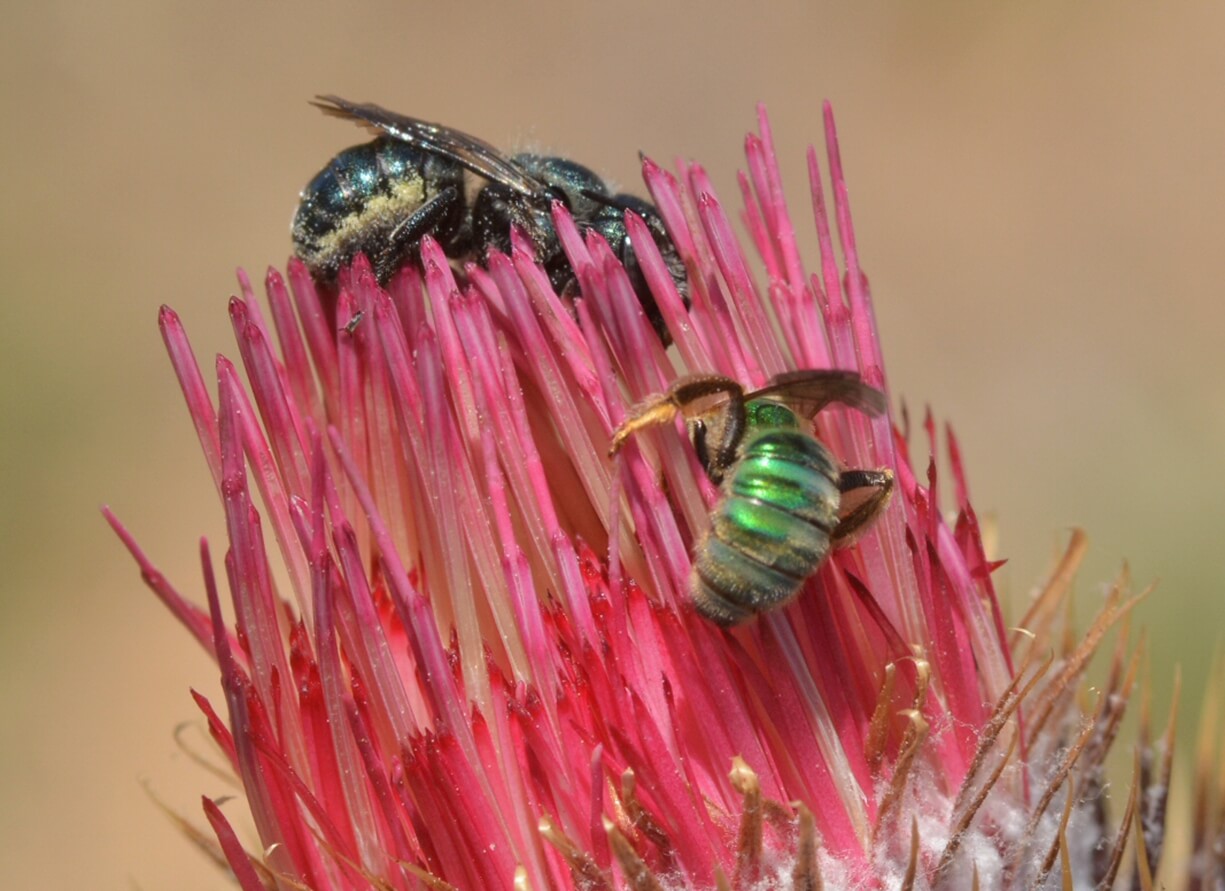
Thinking About Weeds and Wildflowers
Micro-Habitats; Knowing Your Land My husband and I live on a south facing hillside situated above the Novato Creek floodplains; it’s a beautiful, warm, and sunny spot with a great vantage point. Our hill, called Cherry Hill on some maps, is a part of one of the ridges...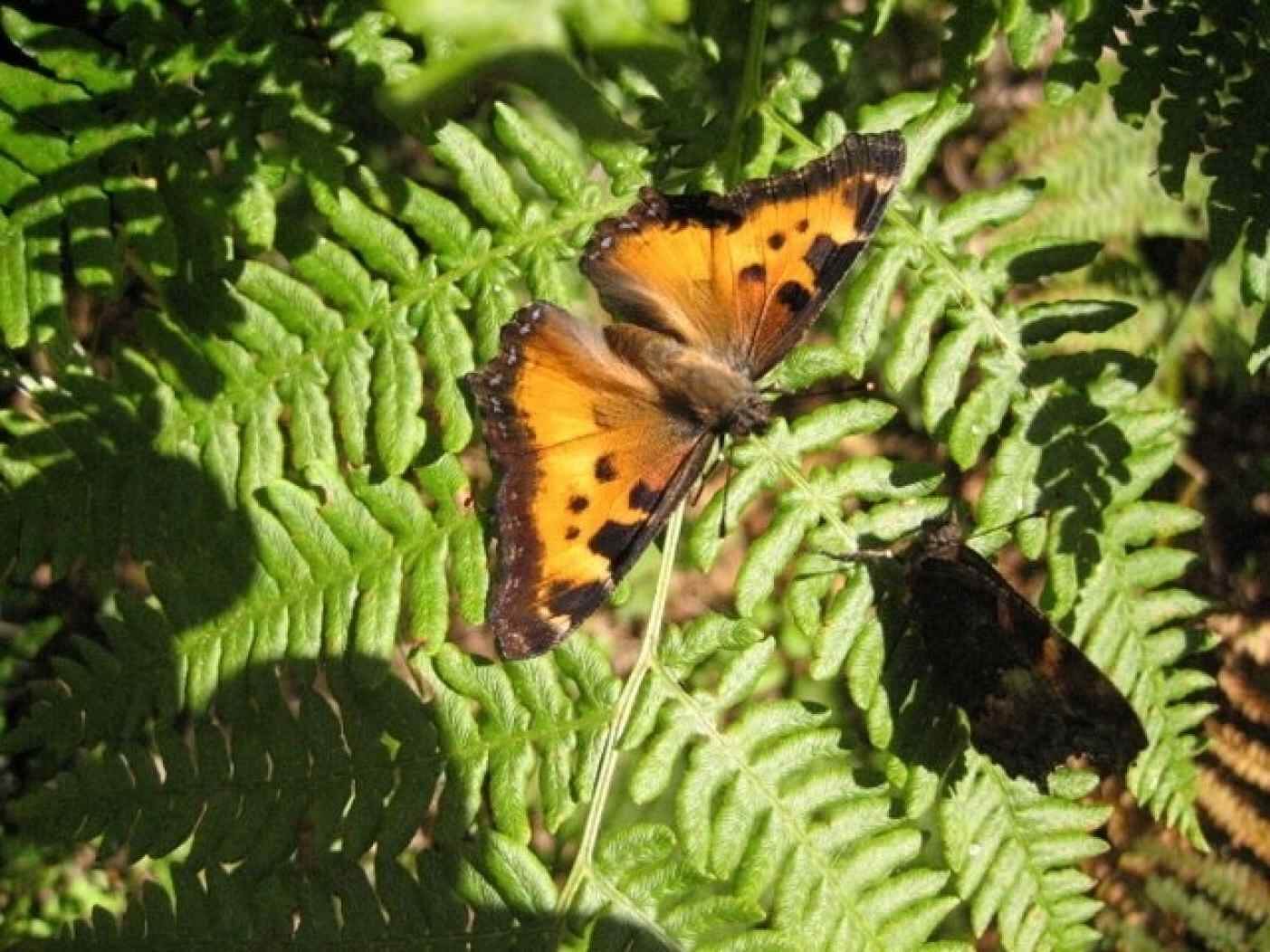
Our “Torties”: California Tortoiseshell Butterflies
I’m seeing more California Tortoiseshells (Nymphalis californica) than usual; it’s a high population year for these butterflies! During the summer months, this species is in the mountains at much higher elevations and then they migrate back down to the lowlands by...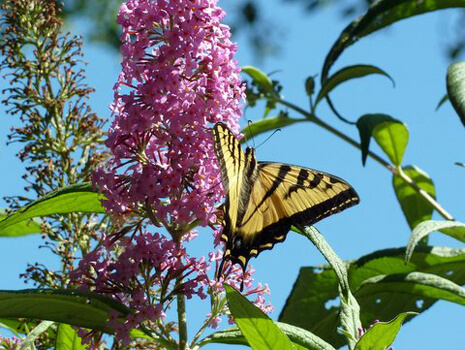
Butterfly Gardening with Nonnative Nectar Plants
One great way to get a butterfly garden started is to plant a really good nectar providing species; and then observe the butterflies that come into your garden to feed. This will be a good indication of which butterfly species are already present in the general area....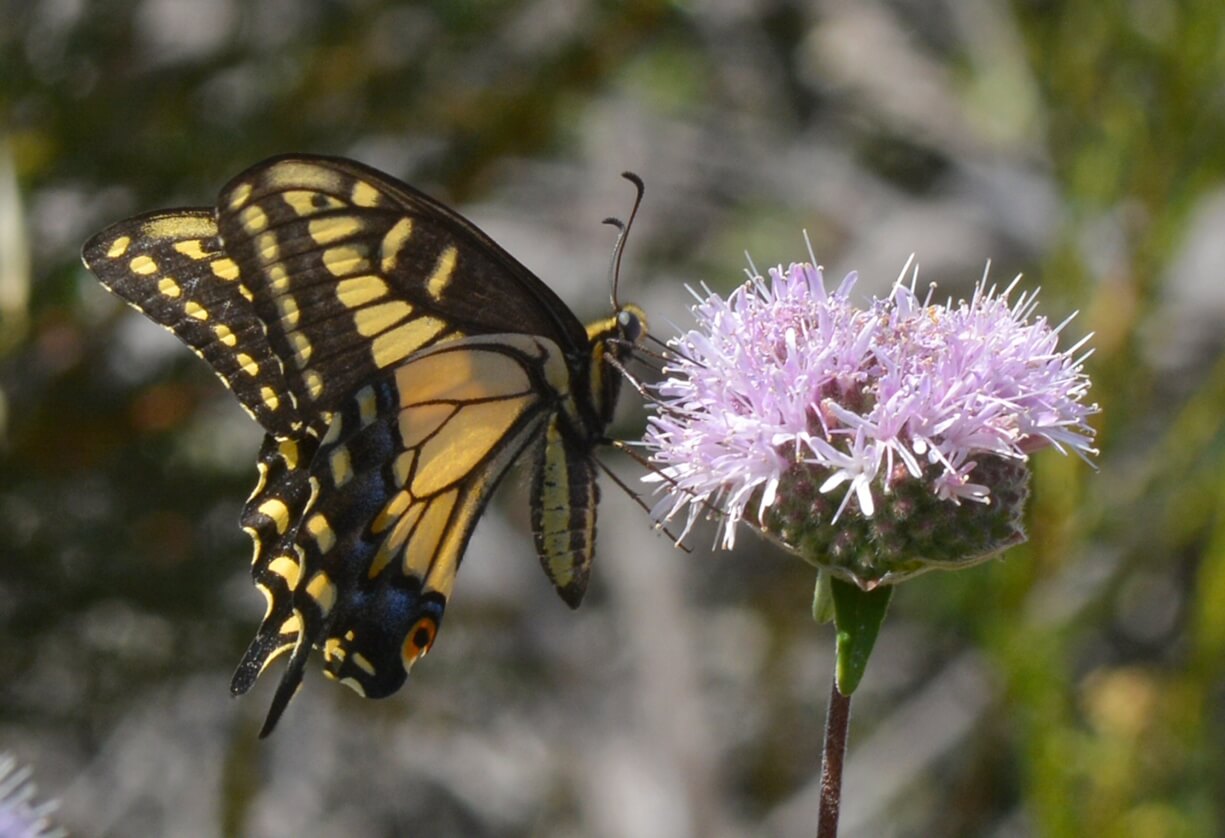
Useful Nonnative Weeds
I’d bet that we’re all pretty happy that the rainy season is over and cherishing the beautiful sunny days. With a good layer of mulch to help retain moisture in the soil, plus the warm days, plants are now putting on growth that can almost be measured day by day! Over...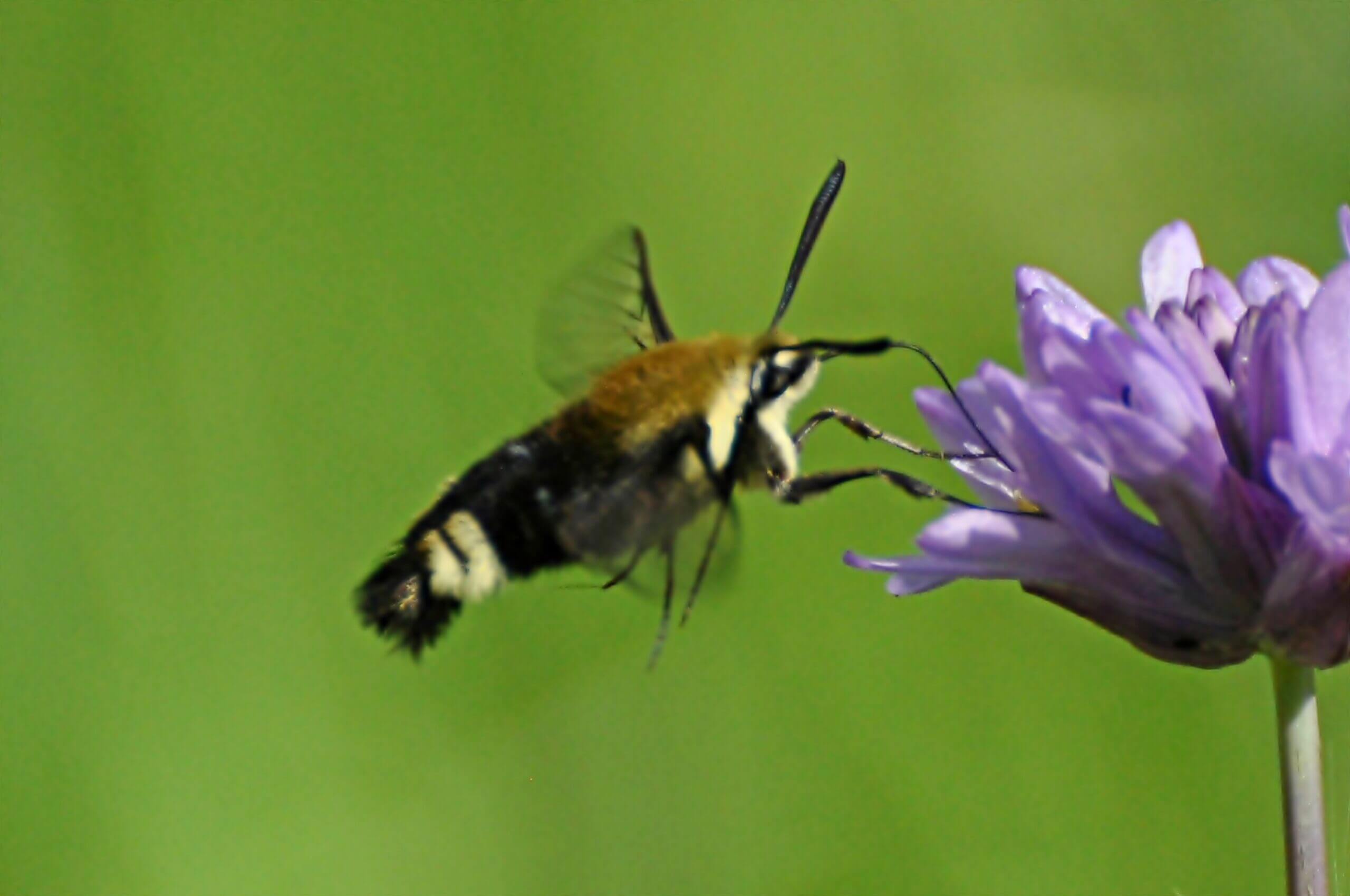
Snowberries and A Bumblebee Mimic
I’m experiencing a love-hate relationship with the rains as they continue, with so few dry days in between for the outdoor activities that are such a big part of my life. I’ve measured more than 30 inches here on our Novato hillside since January first! ...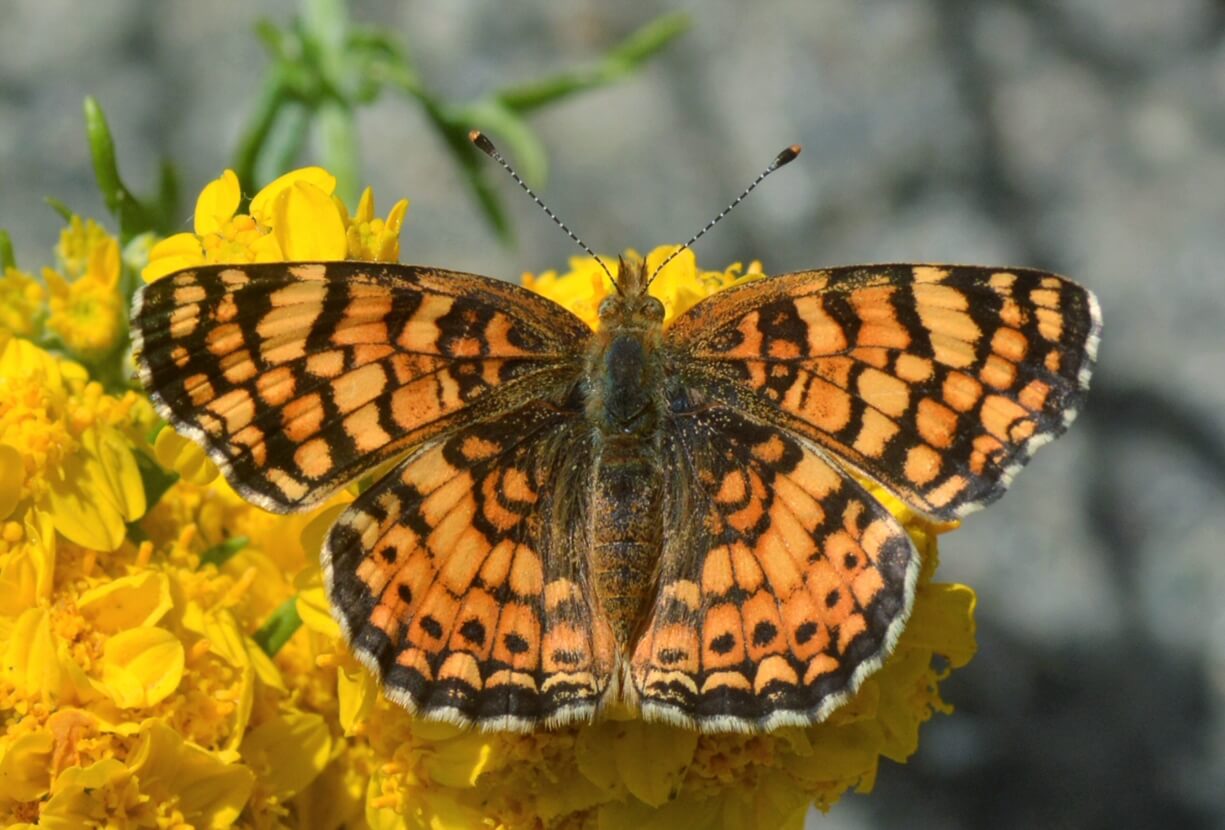
Making Space for Weeds
The Flickers have now left my oak woodlands and moved to higher elevations in the Coast Ranges; I’ll look forward to seeing them again when we’re camping in the forests this summer. Meanwhile, the Tree Swallows are here already and I’m waiting to hear the first calls...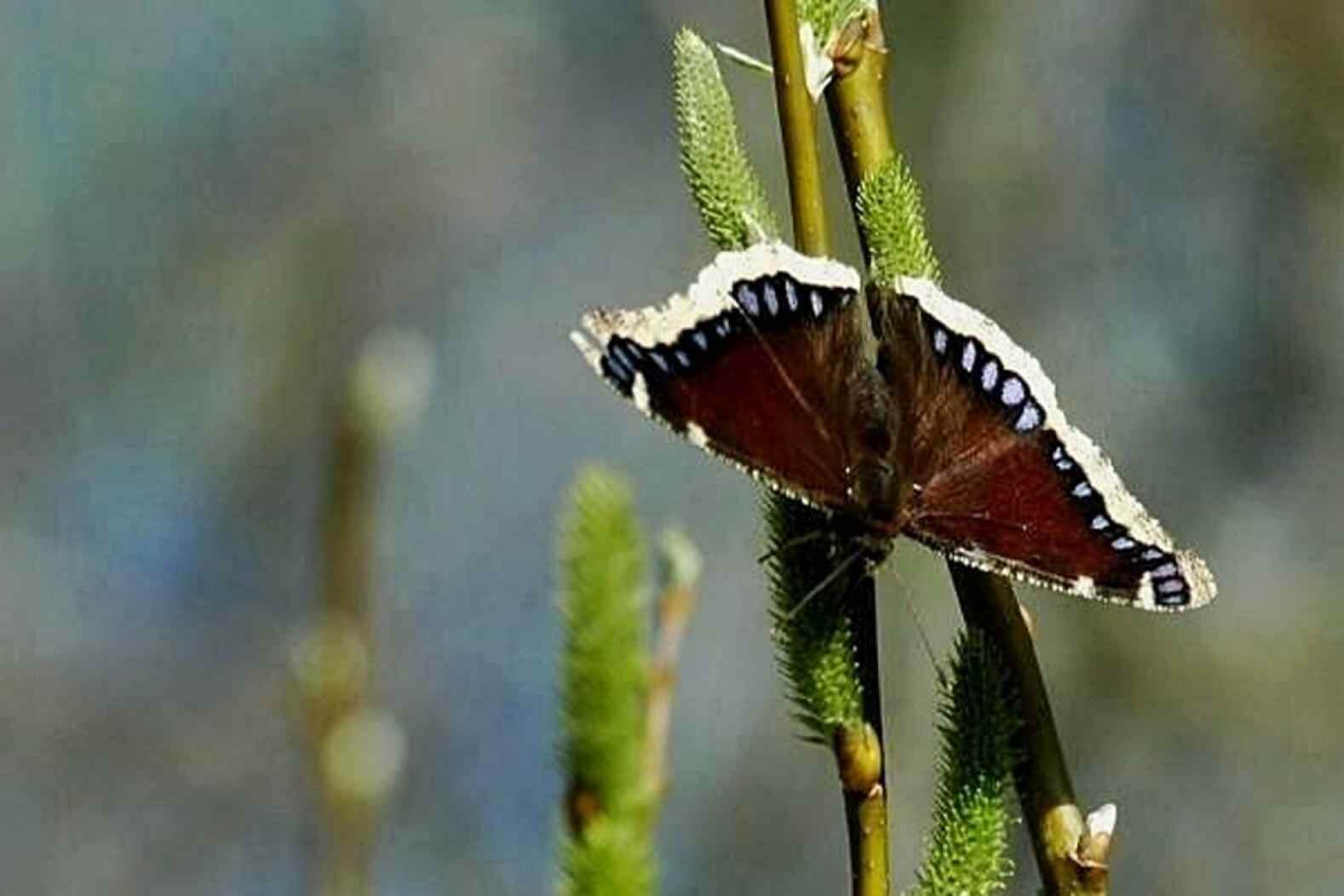
Some Other Common Brushfoots (Nymphalidae)
The Mourning Cloak (Nymphalis antiopa) is fairly common in Marin, and adults can be seen flying almost any time during the year. This species is also found in Europe; on the British Isles it is known as the Camberwell Beauty, and considered the rarest of British...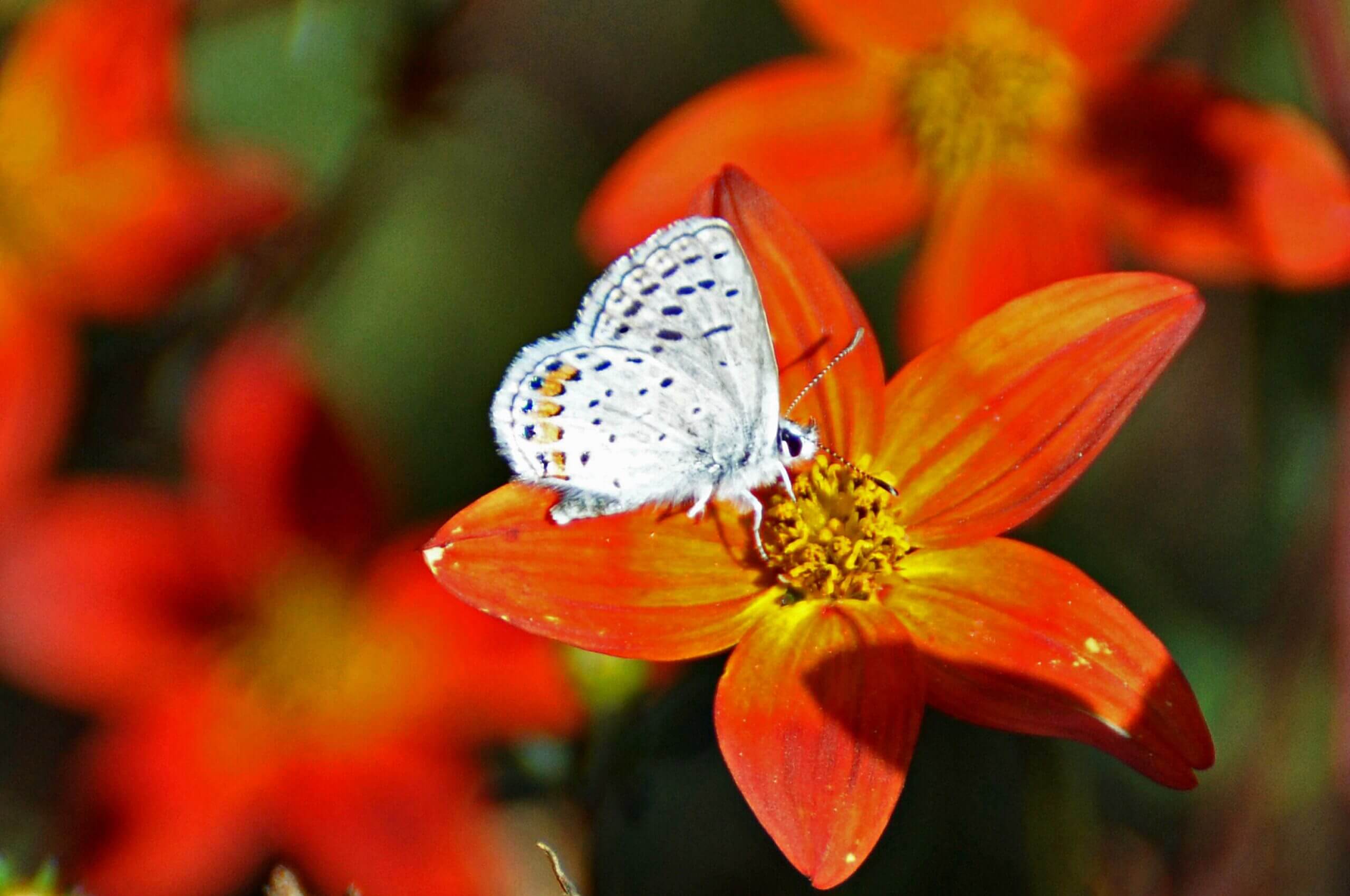
Acmon Blue Butterflies
The Acmon Blue Butterflies (Plebejus or Icaricia acmon) are fairly common and more widespread than some of the other gossamer wings (Lycaenidae). The Acmon Blue has a much longer flight period than many other blues; it visits gardens and can be seen in open fields and...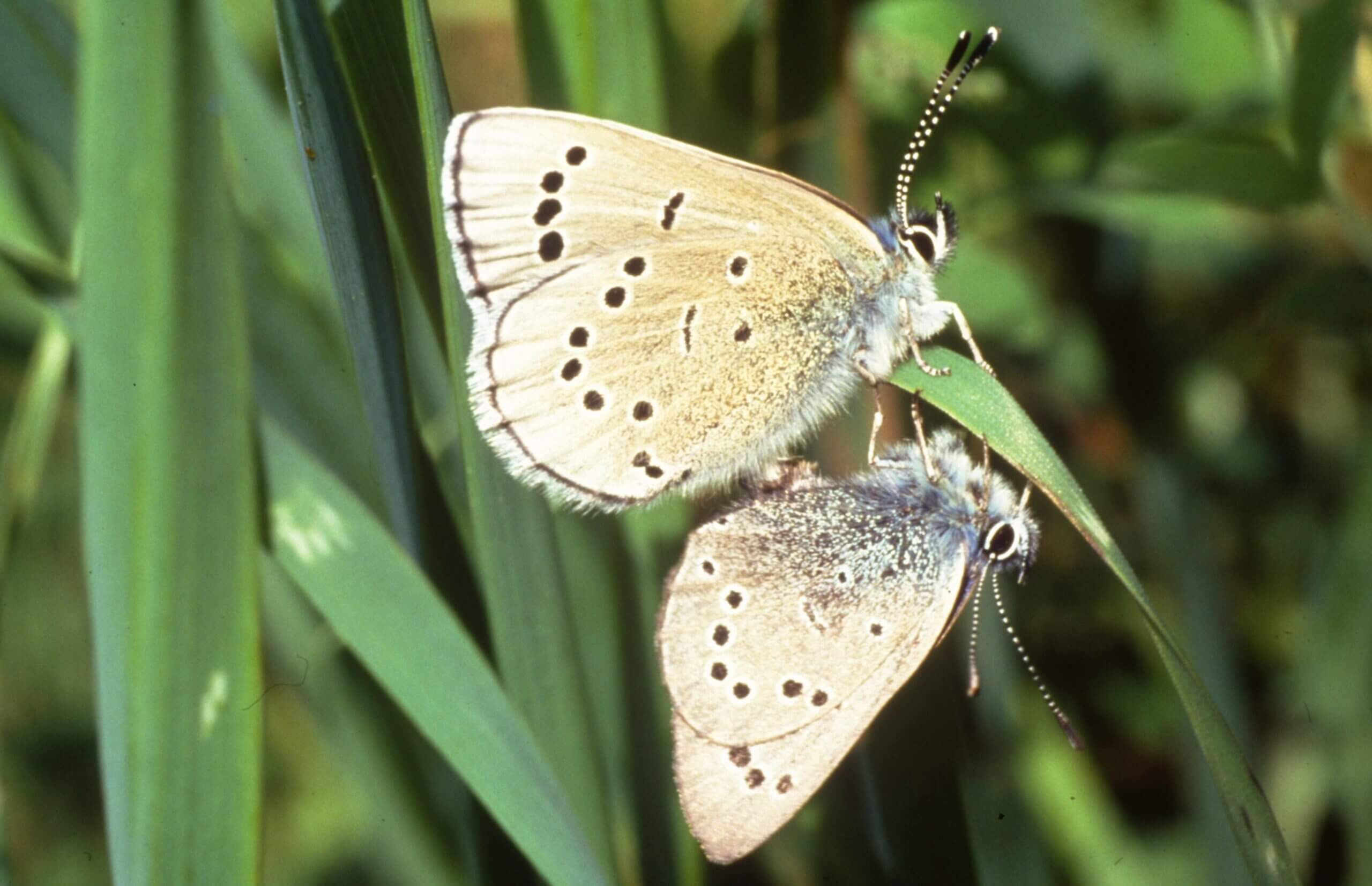
Silvery Blue Butterflies
My home and garden are situated next to an open meadow, and within that meadow grows lots and lots of vetch! The vetch (vicia spp.) also shows up at the edges of my cultivated areas, but early on, while the plants are still small I pull some of it. There are two...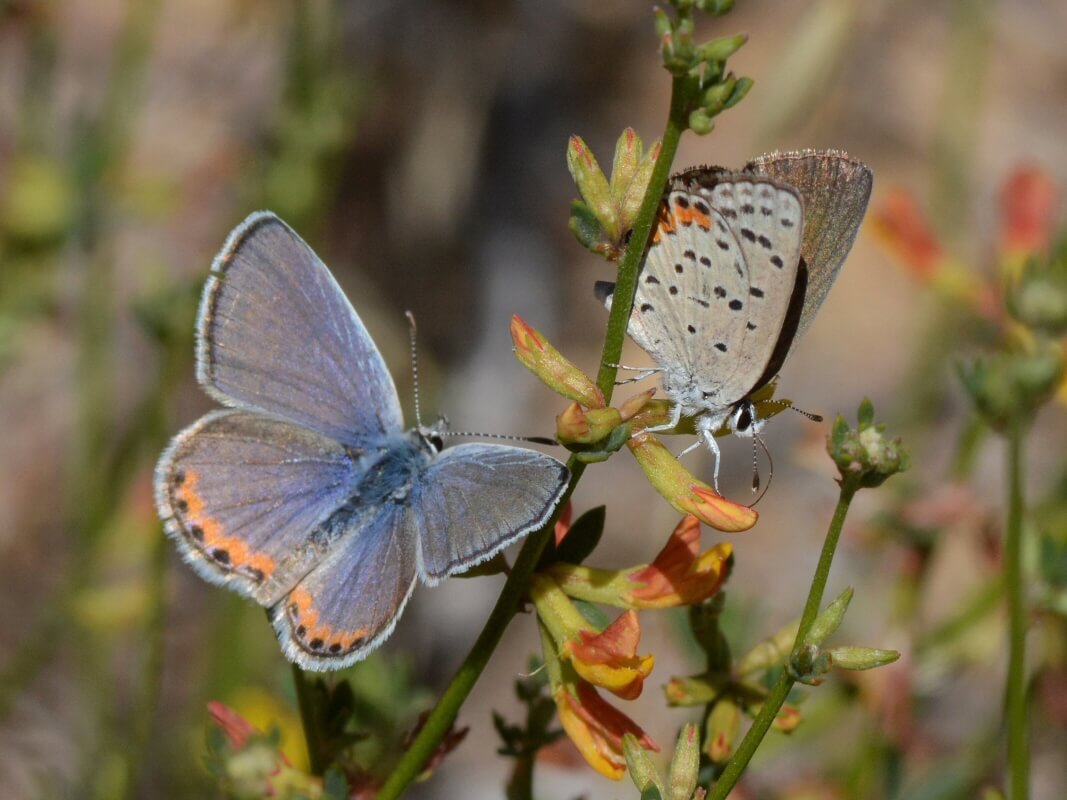
On Gossamer Wings: The Lycaenidae Butterflies
The Lycaenidae family of butterflies—blues, hairstreaks, coppers, and metalmarks, are usually small and very delicate looking, many of them brilliantly colored and some with very interesting life cycles. The apparent fragility of these tiny creatures earned the family...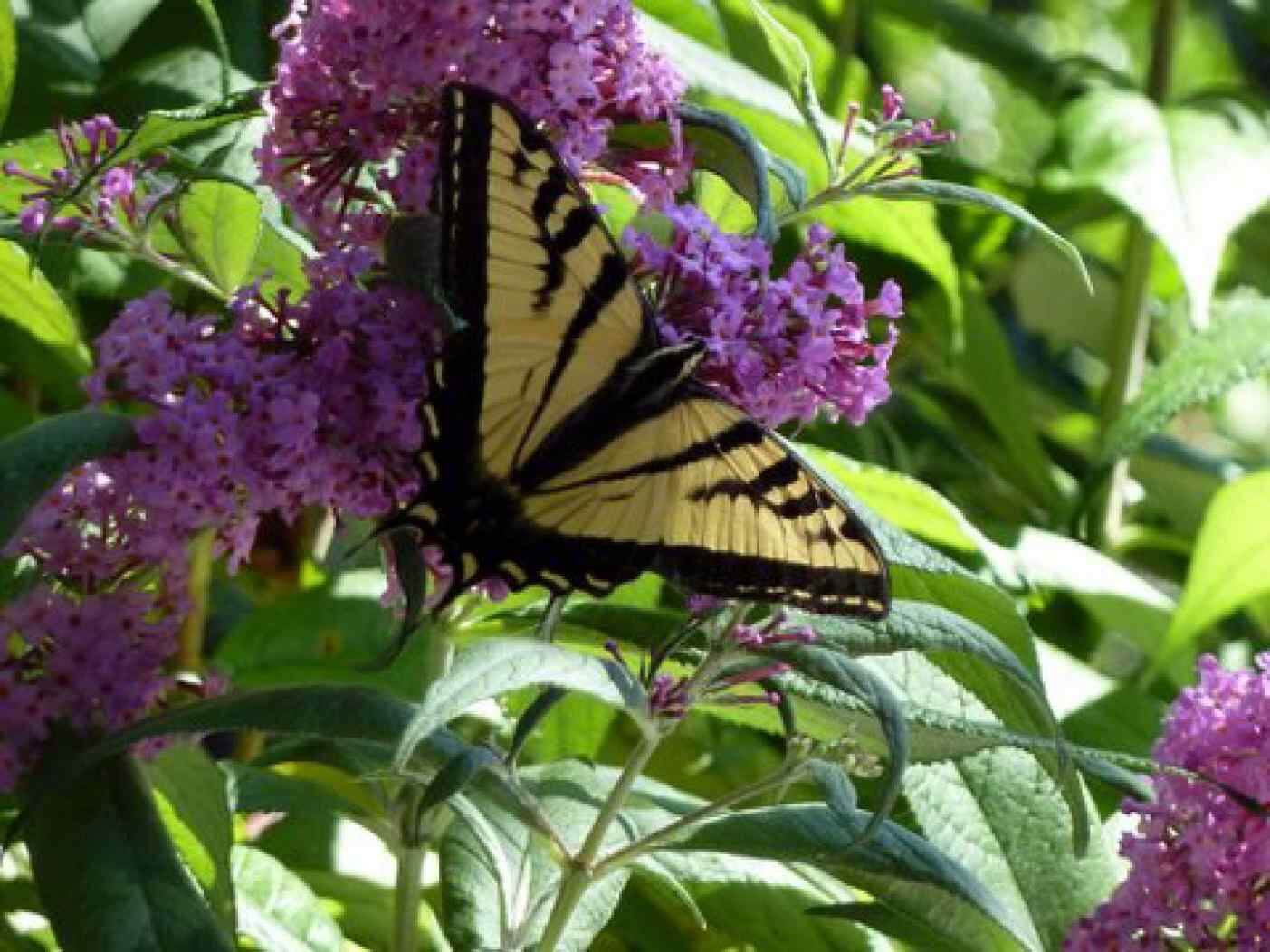
The Swallowtails
Within the family Papilionidae are some of the largest and most spectacular butterflies in the world. Four species are commonly seen in Marin; each one associated with a particular type of habitat. Three are yellow with black markings; the Western Tiger Swallowtail,...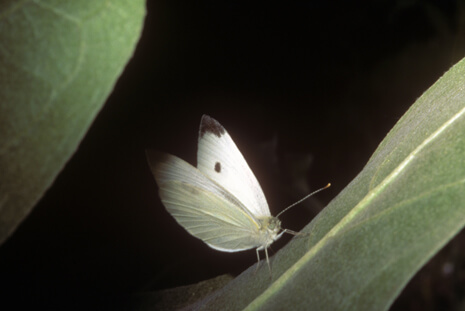
The “Whites”
One of the most common butterflies we see around Marin is the Cabbage White; and it has the distinction of being the only naturalized exotic butterfly in our area. This species has successfully established itself over the entire continent since its apparent...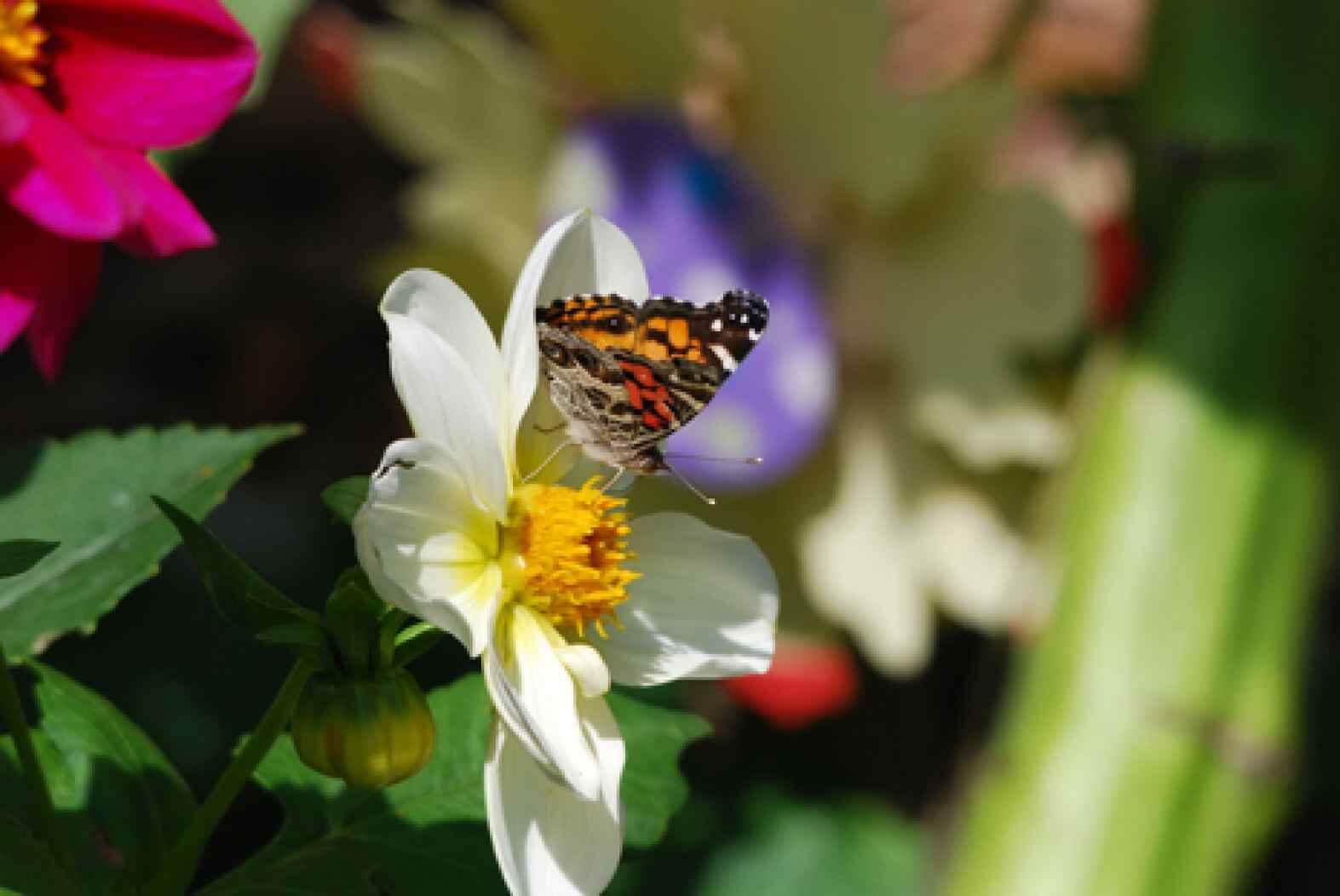
The Other “Ladies”
There are three closely related ‘Ladies’ that are easy to provide for in a habitat garden; the Painted Lady, the American Lady, and the West Coast Lady; however, they are not always easy to tell apart. Personally, I’m happy to see any and all of the...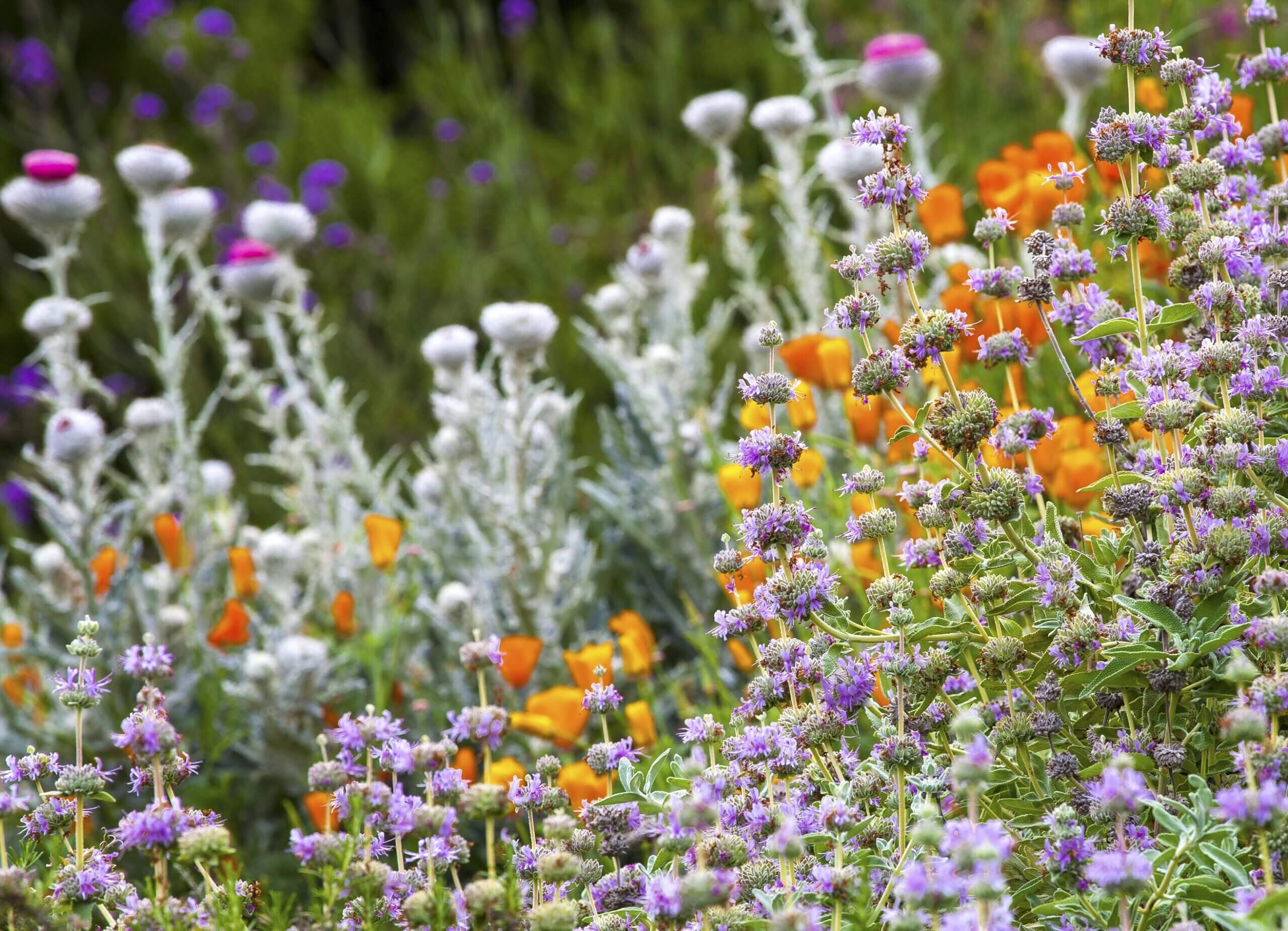
Painted Lady Larval Host Plants
Other Larval Host Plants Painted lady larva will also feed on weedy thistles in the Cirsium and Silybum genera, as well as the dreaded Yellow Star Thistle (Centaurea solstitialis), and related cultivated plants like Artichoke and Cardoon. The larvae also feed on other...